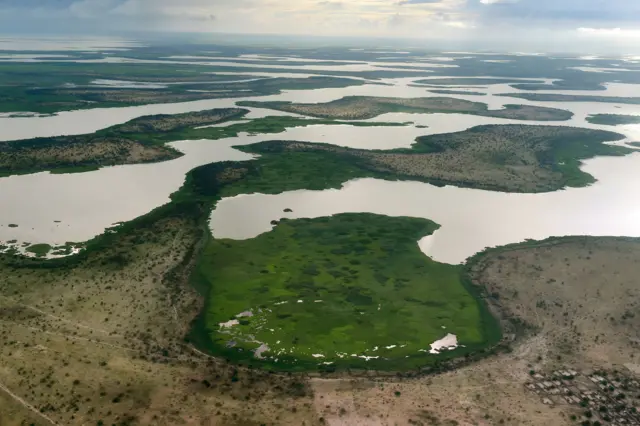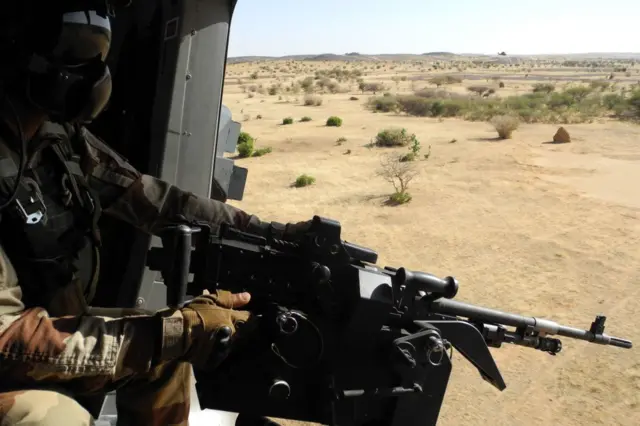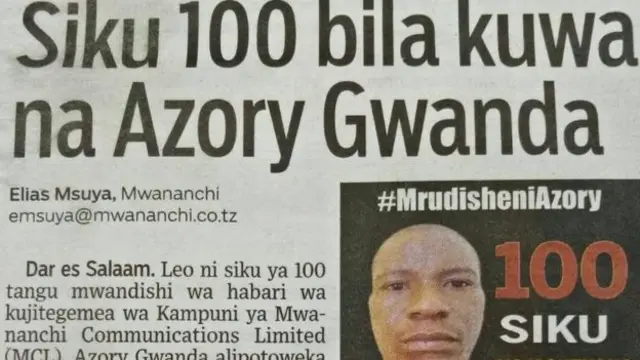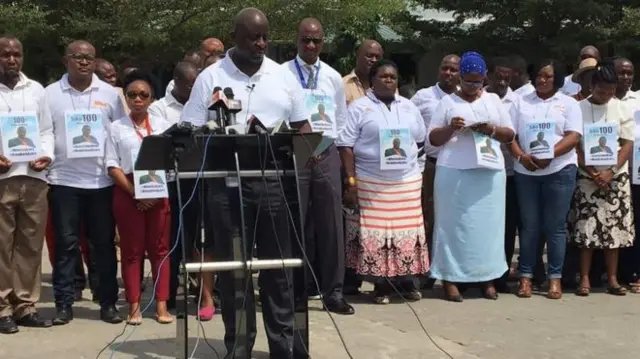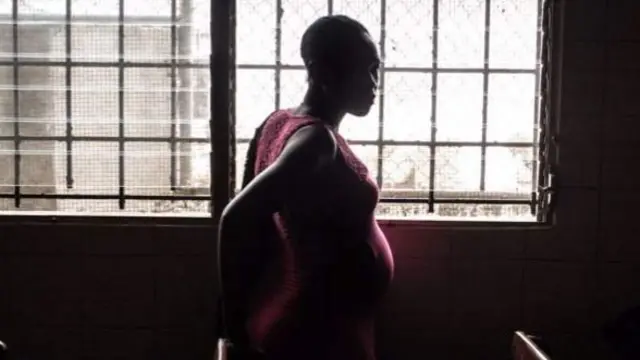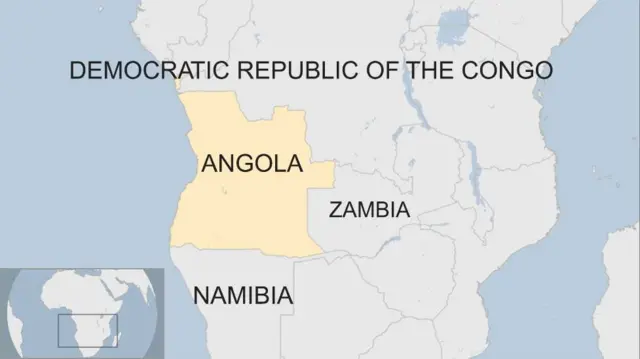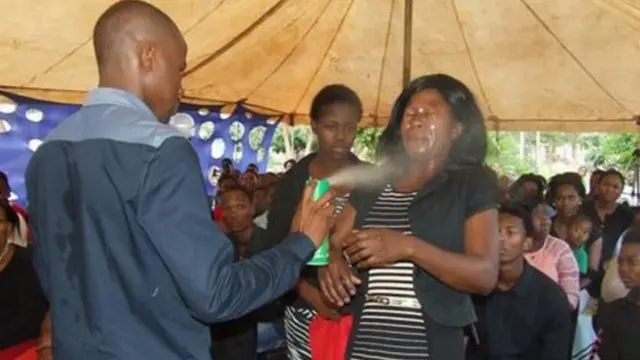Museveni calls for DNA database after shock killingpublished at 15:44 GMT 28 February 2018
Uganda's President Yoweri Museveni has called for the establishment of a national database for biometric details to enable the arrest of criminals.
Mr Museveni tweeted the suggestion in a series of posts reacting to the killing of a 28-year-old woman, Susan Mugara, which has captured the nation.
Ms Magara was kidnapped on 7 February, with the hostage takers demanding a ransom of Uganda shillings 60m ( $16,200; £11,700).
Her body was found yesterday in the capital, Kampala.
Mr Museveni explained how the DNA system would work:
Allow X content?
This article contains content provided by X. We ask for your permission before anything is loaded, as they may be using cookies and other technologies. You may want to read X’s cookie policy, external and privacy policy, external before accepting. To view this content choose ‘accept and continue’.
Allow X content?
This article contains content provided by X. We ask for your permission before anything is loaded, as they may be using cookies and other technologies. You may want to read X’s cookie policy, external and privacy policy, external before accepting. To view this content choose ‘accept and continue’.
He called Ms Magara's murderers "pigs":
Allow X content?
This article contains content provided by X. We ask for your permission before anything is loaded, as they may be using cookies and other technologies. You may want to read X’s cookie policy, external and privacy policy, external before accepting. To view this content choose ‘accept and continue’.


